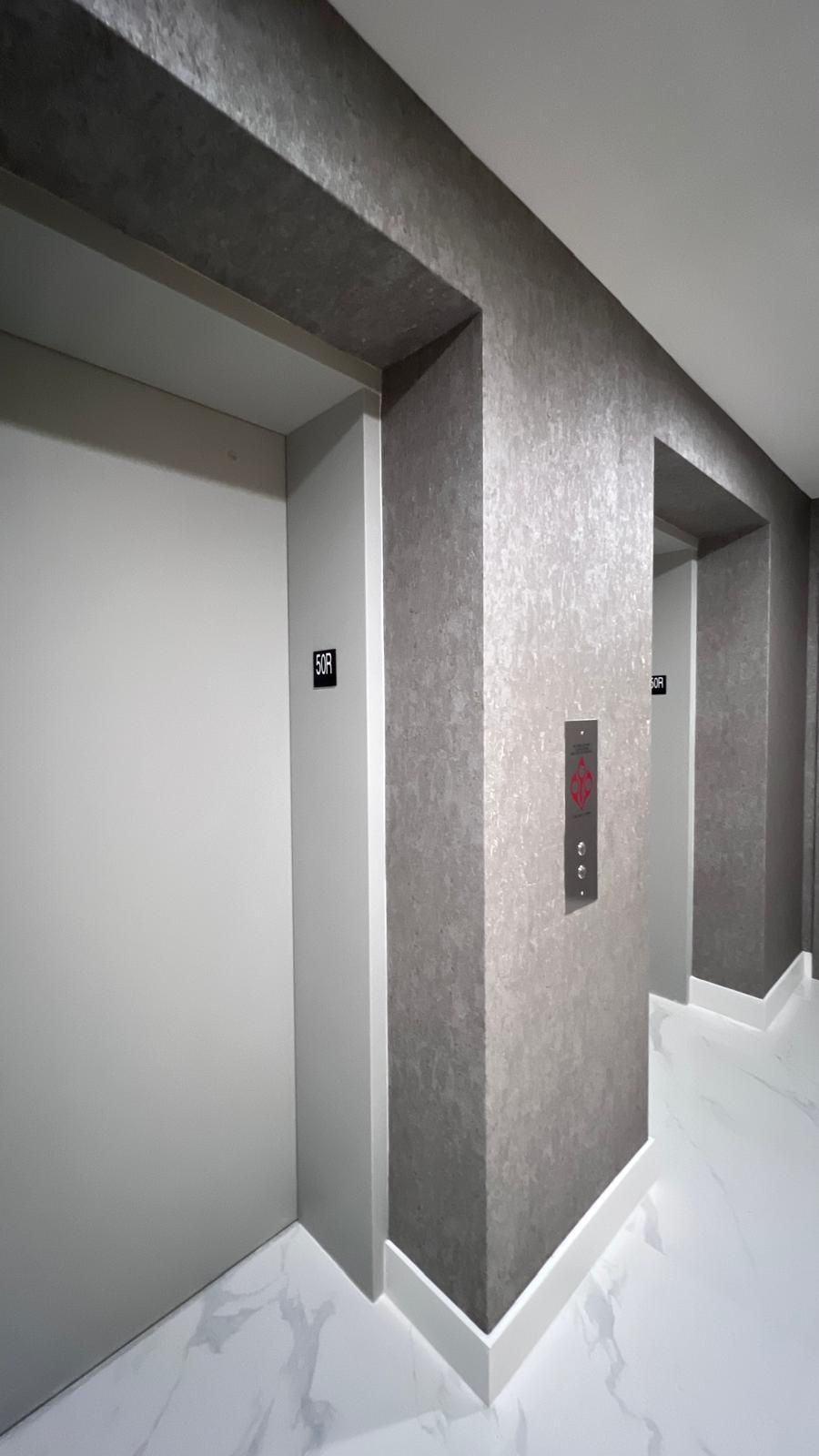Removing Wallpaper from Walls: A Step-by-Step Guide
- Guillermo
- Aug 15, 2023
- 3 min read
Updated: Sep 22, 2023
Removing wallpaper can be a daunting task, but with the right tools and techniques, you can transform your space and prepare it for a fresh new look. In this guide, we'll walk you through the step-by-step process of removing wallpaper from walls, ensuring a smooth and successful project.
**Materials You'll Need:**
1. Wallpaper scraper or putty knife
2. Spray bottle or sponge
3. Wallpaper adhesive remover or a mixture of water and vinegar
4. Plastic drop cloths or old sheets
5. Bucket or container
6. Protective gloves and safety goggles
7. Ladder or step stool
8. Sandpaper (optional)
9. Primer and paint (for post-removal wall preparation)
**Step-by-Step Guide:**
**1. Prepare the Area:**
Lay plastic drop cloths or old sheets on the floor to catch any debris or water drips. This will make cleanup easier and protect your flooring from damage. Additionally, remove any furniture or items that are close to the walls you'll be working on.
**2. Test a Small Area:**
Before diving into the entire wall, it's a good idea to test a small area to determine the best method for your specific wallpaper type. Start in a less visible corner or along a seam. This will help you gauge the level of difficulty and choose the most effective removal method.
**3. Remove the Wallpaper:**
There are two common methods for removing wallpaper: using a wallpaper scraper or putty knife and using a mixture of water and vinegar.
**a. Using a Wallpaper Scraper:**
- Gently slide the wallpaper scraper or putty knife under a corner of the wallpaper.
- Slowly peel the wallpaper away from the wall at a 45-degree angle. Be careful not to damage the underlying wall surface.
- Continue peeling the wallpaper, working in small sections. If the wallpaper is resistant, use the scraper to lift it slightly and then pull it off.
- If the top layer comes off but leaves behind the backing or adhesive layer, proceed to step 4.
**b. Using Water and Vinegar:**
- Mix equal parts of water and white vinegar in a spray bottle or bucket.
- Spray or sponge the mixture onto the wallpaper, saturating it thoroughly. Allow the mixture to penetrate for about 15 minutes.
- Gently start peeling the wallpaper from the edges using your fingers or the wallpaper scraper.
- If the wallpaper doesn't come off easily, reapply the water-vinegar mixture and wait a bit longer before attempting to peel it off.
**4. Remove Residual Adhesive:**
After removing the top layer of wallpaper, you might be left with adhesive residue on the wall. You can remove this using a wallpaper adhesive remover or a mixture of water and vinegar. Apply the remover and gently scrape or rub the residue off using the scraper or a damp sponge.
**5. Clean and Prep the Wall:**
Once all the wallpaper and adhesive are removed, clean the wall with a mixture of water and mild soap to remove any remaining residue. Rinse the wall with clean water to ensure no soap residue remains. Allow the wall to dry thoroughly before proceeding.
**6. Repair and Paint (Optional):**
Inspect the wall for any imperfections, such as small holes or uneven areas. If necessary, patch these areas with spackling compound and sand them smooth. Once the repairs are done, you can prime the wall and apply a fresh coat of paint to give your space a clean and updated look.
Removing wallpaper from walls requires patience and careful execution, but the results are well worth the effort. Following this step-by-step guide will help you achieve a smooth and successful wallpaper removal process, setting the stage for your next home improvement project.
For more expert advice and inspiration on wallpapers, be sure to visit [Your Website Name] at [thewallpapercompany.com](https://www.thewallpapercompany.com).




Comments